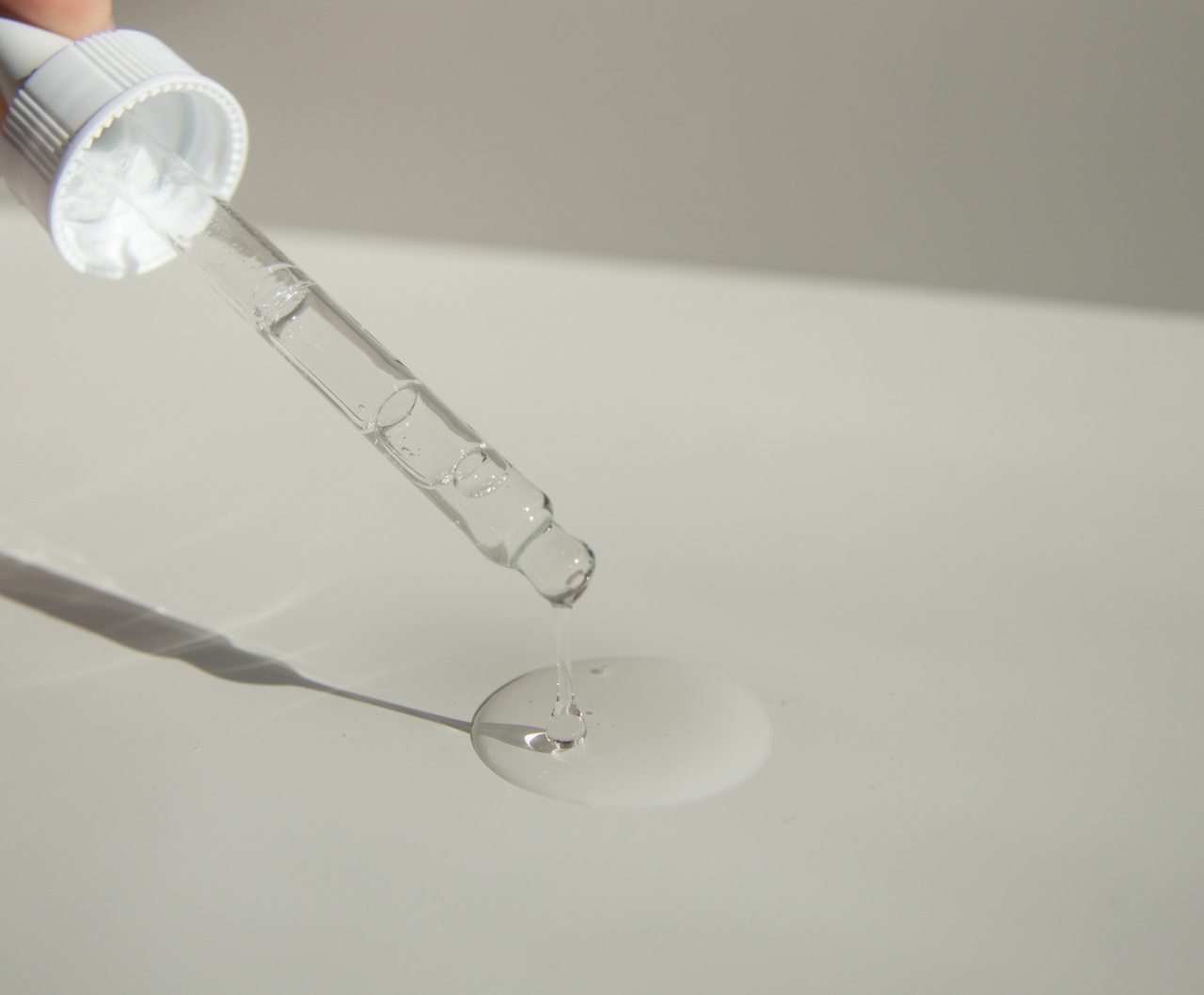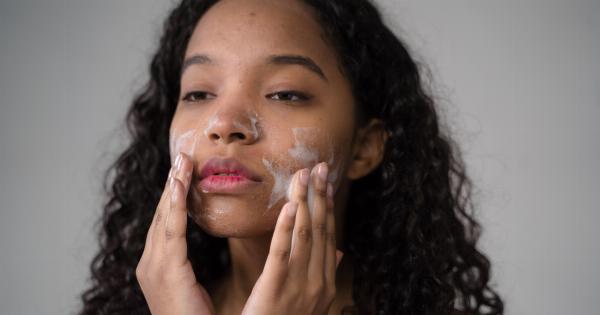Many couples struggle with infertility and turn to in-vitro fertilization (IVF) as a solution. However, IVF success rates are not optimal and can be impacted by a variety of factors. One of these factors is the quality of embryos transferred.
A new study suggests that a common wrinkle-reducing substance may have the potential to improve IVF outcomes.
The Study
The study, conducted by researchers at the University of Athens, found that botox, which is typically used for cosmetic purposes, could potentially improve the success rates of IVF.
The study involved 37 women who had previously undergone multiple unsuccessful IVF cycles. Half of the women were given botox injections in the muscles surrounding their ovaries, while the other half received a placebo.
The researchers found that the women who had received botox had higher quality embryos and a higher pregnancy rate compared to those who received the placebo.
How Does Botox Improve IVF Outcomes?
It is not entirely clear how botox improves IVF outcomes, but the researchers have a few theories.
One theory is that the injection of botox into the muscles surrounding the ovaries may help to relax these muscles, which in turn can improve blood flow to the ovaries. Improved blood flow to the ovaries can lead to healthier and better quality eggs, which can then increase the chances of a successful pregnancy and healthy baby.
Is Botox Safe during IVF?
According to the researchers, botox appears to be safe to use during IVF. None of the participants reported any serious adverse effects from the injections.
However, it is important to note that the study was small and more research is needed before the use of botox during IVF can be considered a standard practice.
What Are the Implications of the Study?
If further research confirms these findings, botox could potentially become a useful tool for improving IVF outcomes. For couples struggling with infertility, higher success rates mean a greater chance of conceiving and starting a family.
Botox could be a relatively low-risk and simple solution to help improve IVF outcomes.
Other Factors Affecting IVF Outcomes
Botox is just one of the many factors that can impact IVF success rates. Other factors include:.
- Age
- Weight
- Sperm quality
- Uterine abnormalities
- Overall health
It is important for individuals considering IVF to discuss these factors with their healthcare provider and make any necessary lifestyle changes to improve their chances of success.
Conclusion
The study conducted by researchers at the University of Athens suggests that botox may potentially improve IVF outcomes by improving the quality of embryos and increasing pregnancy rates.
While more research is needed to confirm these findings, the study provides hope for couples struggling with infertility. It is important to remember that there are many factors that can impact IVF success rates, and individuals should work with their healthcare providers to understand and address these factors.






























